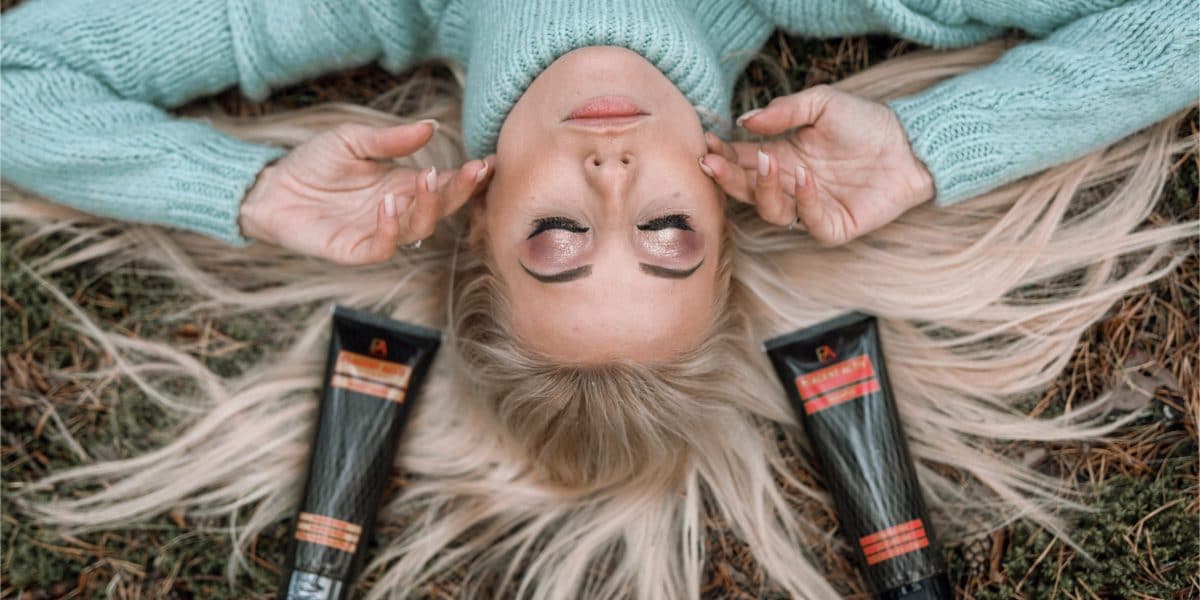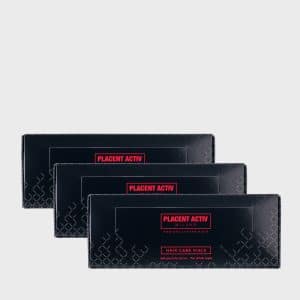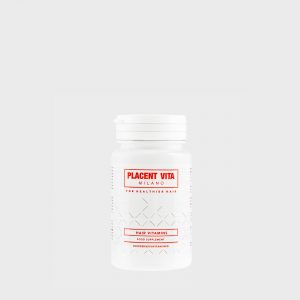The body’s oestrogen levels rise during pregnancy, which, in general, is good for hair growth. Where people normally lose about 100 strands of hair per day on average, during pregnancy, this process slows down, giving many women strong, lush and lustrous hair. However, some women’s hair condition worsens during pregnancy instead: hormonal changes cause their bodies too much stress and their hair suffers the first blow.
Giving birth brings about a major change, causing oestrogen levels to slowly drop, restoring the pre-pregnancy situation. Thus the hair that stayed nicely on your head during pregnancy may now fall out. Hormonal changes not only lead to hair falling out, but also affect its appearance in general: hair may become thinner and look lifeless and dull.
Around six months after giving birth, a woman’s body regains balance and her hair also starts to restore its normal state. That’s when you notice many tiny new hair strands growing along the hairline. You can either wait until nature does its job or do a thing or two to improve the situation faster.

– Approach the issue from the inside. Weak and fragile hair often suffers from mineral deficiency. When your daily diet is not well-balanced, you can improve it by taking nutritional supplements. It is important to keep your body’s iron, zinc and vitamin D levels normal.
– Be positive! That’s right, reduce your stress level and get enough sleep. Stress disrupts hair growth, prematurely kicking hairs out. Getting rid of tension is not always easy, but for a start, get enough rest and find some time to relax. It sustains the entire body and gives your hair a boost of energy to keep going.
– Eat right. It is beyond doubt that if your body lacks nutrients, your hair will also suffer. One of the most important building blocks for hair is proteins, as they strengthen the strands of hair and prevent them from failing out prematurely. You can get plenty of it from meat, fish, milk, nuts, almonds and eggs. If it is your scalp that troubles you, probiotic supplements may help.
– Try special hair care products. Products that stimulate hair growth support capillary microcirculation and strengthen the hair root. There are special shampoos, conditioners, serums and nutritional supplements. Properly following through with the treatment really helps. Check out the Placent Activ Milano range here.
– Consult your doctor/GP. Sometimes the reason behind heavy hair loss is a health issue that requires specialist attention and certain medications. Long term use of medications also leaves a mark on hair. In such a case, consult your doctor or pharmacist.

